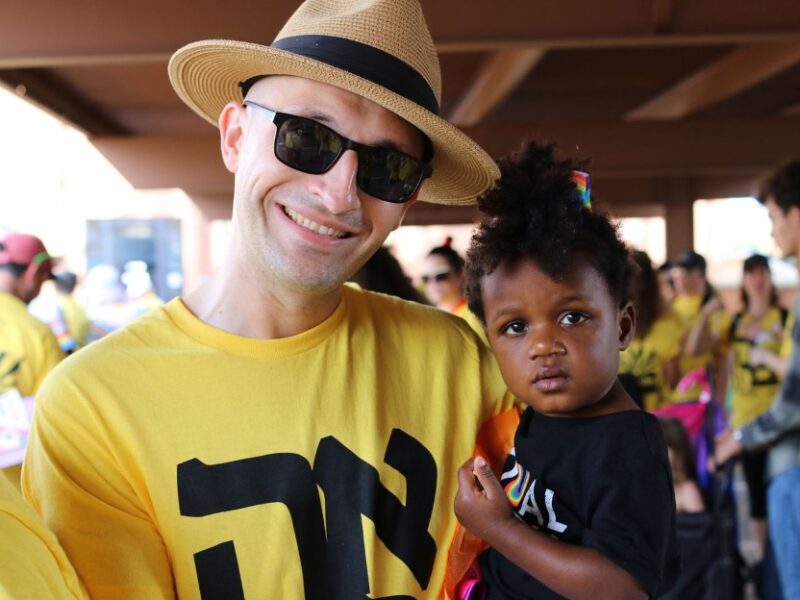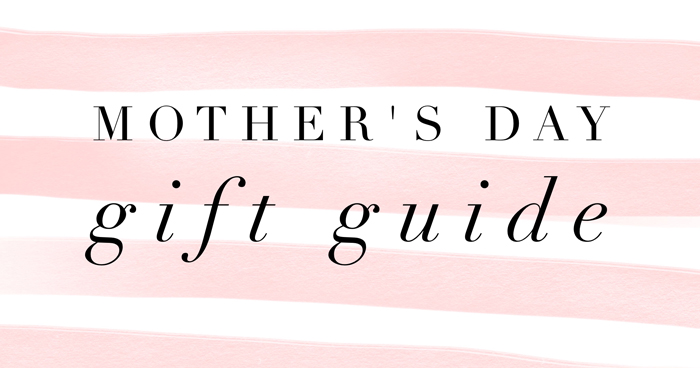According to the the American Cancer Society, nearly 13,000 women will be diagnosed with cervical cancer this year. More than 4,000 of those women will die from the disease.
Most cervical cancers are caused by human papillomavirus (HPV). HPV is a common virus that is passed along through skin-to-skin contact during sexual activity. We now have a vaccine that will prevent this virus and thus protect entire generations of women.
There has been a lot of talk about the HPV vaccine. Most pediatricians at this point are recommending it to girls between the ages of 13 and 26. But it is even recommended for girls as young as 11 or 12. The key to effectively preventing HPV infection is that a girl must receive the vaccine before she becomes sexually active. So why are only about half of all teenage girls in this country getting the vaccine?
Because parents are in denial. There is a pervasive sense that giving a young girl the HPV vaccine is also somehow giving a tacit parental approval to early sexual activity or possibly even promiscuity. But the facts say otherwise. A new study done through the Kaiser Permanente Center for Health Research Southeast in Georgia shows that giving the vaccine does not increase the likelihood of young teens engaging in sexual activity.
While this is a universal issue facing parents of all races and religions, there is a distinctly Jewish element to this type of denial. In so many Jewish families it isn’t OK to talk about sexuality or alcoholism or addiction because “those aren’t things that happen in Jewish families.” But, of course, they are, and burying our heads in the sand only serves to endanger our youth and perpetuate the cycle of shame and denial.
Sharona Silverman, M.P.H., and director of the Deutsch Family Shalom Center at Temple Chai, deals with a variety of issues facing Jewish families and individuals. Silverman traces the roots of Jewish denial to our ancestors’ immigrant mentality and drive to succeed and fit into American society. “Within this drive,” she explains, “is the tendency to not let others know about struggles, especially within individual families.” Since Jews have mostly lived in foreign lands throughout our history, Silverman believes that the tendency to hide our less-than-acceptable traits has become part of Jewish culture. “Anti-Semitism throughout the centuries,” she adds, “has accentuated this, as Jews have always tried to prove they fit in.”
The Shalom Center is a center for growth and healing that focuses on helping families and individuals whenever difficulties arise. Silverman stresses, “There is no shame in sharing challenges with others and … it can be helpful to do so within a Jewish context as our Jewish culture and values often can help us to grow.”
Silverman sees the HPV vaccine as a golden opportunity for families to become more open about the sexual issues facing teens. “The vaccine gives families the opportunity to talk about sex earlier and to bring up the importance of sexuality — as one moves into young adulthood — as well as the risks.” Talking about the HPV vaccine promotes open communication within families. “A parent can let their child know that there will be topics that will be difficult to discuss and that their intention is not to pry but to let their child know they are loved and cared for and that the parent will be there for continuing discussions on these more sensitive subjects.”
There’s another issue that looms large with respect to the HPV vaccine, and that is what to do with teenage boys. The American Academy of Pediatrics recently recommended the vaccine for boys 11 and 12 years old, since they can be carriers of the virus and pass it along to girls during sexual activity. But that idea isn’t gaining popularity.
Mark Gettleman, M.D., at Great Destinations Pediatrics — and yes, my husband — says, “The boy thing just isn’t catching on. Parents don’t see the need to vaccinate boys against the potential threat of cervical cancer.”
I was stunned and dismayed to hear this. “Well, we’ll vaccinate our boys, won’t we?” I asked incredulously. “Of course,” he answered. “But most parents aren’t sold on the idea. If it doesn’t directly affect their child, they think they don’t have any responsibility to take action.”
That sort of depressed the heck out of me. “But don’t you explain how important it is in protecting the women those boys will one day love and hopefully marry?” I asked.
“I tried,” my husband replied. “That went over like a lead balloon. The only rationale that really motivated people to get the vaccine for their teenage sons was the research showing that the vaccine could also prevent throat cancer, genital warts and anal cancer in males.”
So, parents weren’t willing to vaccinate their teenage boys in order to protect women from cervical cancer, even though the vaccine is safe and effective and offers little to no side effects. But, if they viewed HPV as a direct potential threat to their own sons, then they were willing to have their boys immunized.
The variety of reasons that parents fail to vaccinate against HPV are tangentially related. As Jews, we sometimes bury our heads in the sand and refuse to face the very real challenges that confront us and our children on a daily basis. Sometimes it’s easier to believe that the problems facing society at large simply don’t exist within Jewish familial culture. Likewise, when parents refuse to vaccinate their sons for the greater benefit of society and women, it suggests an unwillingness to acknowledge and take responsibility for our community’s interconnectedness. Both of these refusals isolate families and fail to recognize our Jewish need for community.
Silverman sees the reluctance to publicly face certain issues as an obstacle many face when it comes to working within a Jewish setting to deal with problems. “Individuals in need might be afraid to be seen as weak and hurting within a synagogue or Jewish agency,” she explains. “We have to continue to work at letting Jews know that they are not alone and that healing comes from sharing, having hope, faith and the wisdom from our Jewish tradition. Healing is for everyone, as everyone faces challenges, as well as opportunities, for enjoying life at its fullest.”
So don’t be afraid to talk about sexuality with your children and to explore the potential benefits of immunizing your young teens against HPV. Talk to your pediatrician about the HPV vaccine for the benefit of your sons and daughters. While these types of conversations might be slightly uncomfortable, they have the potential to connect families, save lives and offer solutions for a stronger Jewish community and society as a whole.
Debra Gettleman is a mother and blogger based in the Phoenix area. For more of her work, see unmotherlyinsights.com.





